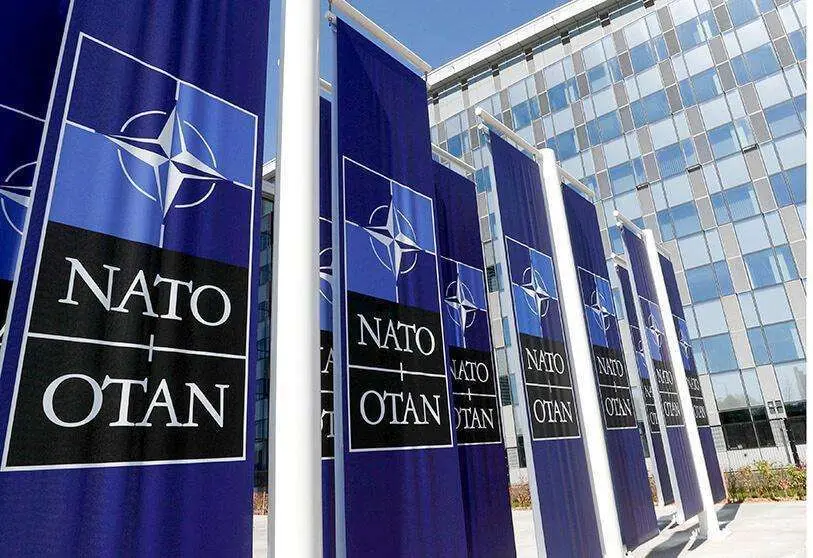NATO democracies

"Putin would be right to agree to a stalemate and to consider the political achievements of slowing NATO's expansion in Ukraine and thus altering the policies of his rivals as satisfactory, making his influence on the international order clear for several weeks. But beyond that, it should not prolong tensions in the centre of Europe because if it does, the effect is to widen NATO's boundaries and the role of the United States, now as the leading allied power, to continue to add resources, strategic space and arguments to make itself stronger in Europe. Where, by the way, we have regained interest in our security".
This was a forecast that I modestly published in various media shortly before the Russian attack on Ukraine was consummated. A forecast that turned out to be wrong, because within days Putin did not contemplate the possibility of negotiating a lower-risk board, but acted unilaterally to reverse Ukraine's sovereignty and destabilise European and American democracies. However, the reflection explicitly included an analysis of some of the consequences of military action in a territory bordering NATO, the largest defence alliance built around democratic principles. That forecast has now become a certainty, once the Atlantic allies and European partners have strengthened their will to keep alive and active an area of freedoms and security where different countries have wanted to join in recent years. Sweden and Finland, symbols of neutrality in the second half of the 20th century, are the most recent.
If the possibility of negotiating a comprehensive security agreement was not a sufficient argument three months ago for the Russian government to opt for diplomacy and deterrence over the use of force, building a negotiating framework is now much less viable in view of the starkness and pain with which the events of the war have been played out. Even so, diplomatic efforts should be renewed to set in motion a process to which Russia could turn after it has lost its mind, but before it risks losing its credibility as a power. Both militarily, if the results continue to confirm the miscalculation of attacking Ukraine, and politically, by losing any chance of turning its strengths and projects into a pole of attraction for third countries and governments.
No state seems to have any intention of increasing its strategic ties with Russia, while several neighbouring countries do not feel secure or indifferent to an aggressive, vulnerable and politically weakened power that has put its interests before regional stability and the international system. This is not based on an order constructed on areas of geopolitical influence as it was for much of the 20th century, but on the sovereignties recognised by international law and the agreements drawn up to boost trade and the economy and for many other cooperative relations.
NATO is not an aggressive organisation but a defence alliance. It is made up of democratic countries whose governments are accountable to their citizens. In seven decades it has intervened militarily in very ad hoc operations, even though it is prepared to respond effectively in many situations. It maintains cooperation agreements with third countries and collaborates in global security. It has not focused on any specific enemy since the end of Soviet communism, the instigator of various disorders in Europe and in international society as a whole, motivated by its desire for expansion and repression. This has been led by the Americans thanks to the consolidation of the economic, military and cultural power of the United States over the last century, projected globally through various channels and organisations, never exclusively defensive. The democracies of the European Union have assumed co-leadership of the organisation by virtue of security criteria shared by members and endorsed by Europeans. Quite exceptionally, countries with democratic systems in crisis (Turkey, for example) maintained their presence in the organisation. Spain could not become a member until our democracy was restored and membership of the alliance legitimised by Parliament and citizens.
NATO's prominence and attractiveness has been reinforced in recent months by decisions that were neither initiated nor proposed by the Atlantic organisation. But now may be the time for the allies to contribute to the resolution of a war and conflict that has highlighted the strength of democracies in the international order. To become a piece in the complex negotiation that needs to be articulated. Where there cannot be a stalemate between aggressors and aggressed, but neither can there be a demolition of a chessboard for understanding. At the core of allied democracies is the challenge of dealing with the complexity of the international order. And in the very nature of war is the requirement for a lasting restoration of peace.


